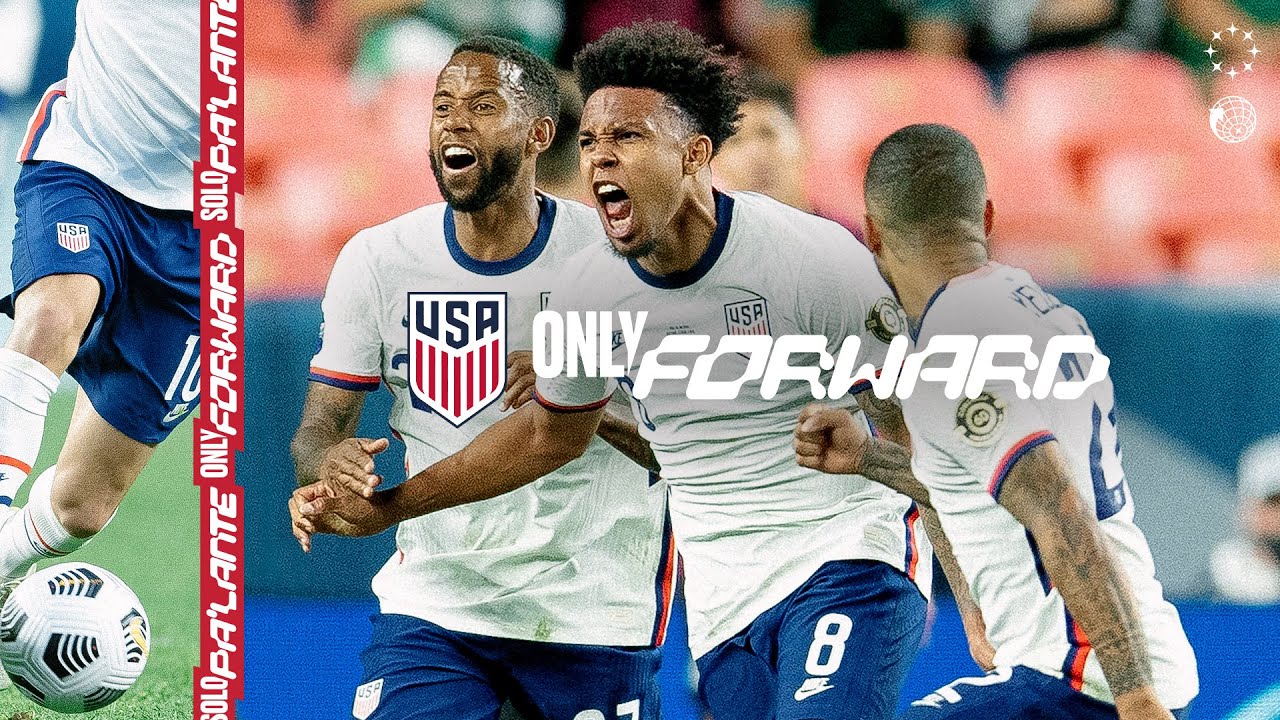Nine months. In the grand tapestry of international football, that’s either an eternity or the blink of an eye, depending on one`s perspective and, crucially, a team`s current state of affairs. For the U.S. Men`s National Team (USMNT), with the next World Cup looming ever closer, it feels decidedly like the latter. A recent friendly defeat served as less of a gentle nudge and more of a blaring air horn, highlighting deeply entrenched issues that continue to plague the squad under coach Mauricio Pochettino.
The vision, articulated by Pochettino, is one of “organized chaos” – a dynamic, fluid system designed to overwhelm opponents. In practice, however, the organization often appears to have taken an extended sabbatical, leaving a more unadulterated form of chaos in its wake. The result? A familiar, disheartening rhythm of slow starts, defensive vulnerabilities, and a persistent inability to translate promising statistics into tangible results on the scoreboard.
The Experimentation Quandary: A Double-Edged Sword
Pochettino`s tenure has been characterized by relentless experimentation. With 14 different starting lineups in 17 matches, one might commend the coach`s dedication to exploring every possible permutation. Yet, as the World Cup countdown accelerates, this extensive tinkering now feels less like strategic exploration and more like a frantic search for answers that remain elusive. Friendlies are, by definition, laboratories for discovery, but when the experiments consistently yield more questions than solutions, the value diminishes.
New players are thrown into the deep end, expected to “sink or swim” in the high-pressure environment of international football. While this baptism by fire can occasionally forge diamonds, it more often results in disjointed performances, particularly in critical defensive roles. The burden often falls on established leaders to integrate these newcomers, a task made exponentially harder when the tactical blueprint itself seems to shift with each passing match.
Defensive Disarray and Offensive Inefficiency
The USMNT`s defensive frailties are becoming a recurring motif. Without key figures, the backline often appears a collection of individuals rather than a cohesive unit. Even seasoned players, celebrated for their attacking prowess, can exhibit worrying lapses in defensive discipline, creating gaps that top-tier opponents are all too eager to exploit. The consequence is often an early concession, forcing the team into a reactive rather than proactive stance – a dangerous game to play on the world stage.
Ironically, this defensive fragility is frequently accompanied by statistical dominance in attack. The team can outshoot opponents, generate higher expected goals (xG), and control possession, only to find the net stubbornly resistant. It`s a testament to the build-up play, perhaps, but a stark indictment of the final product. Creating chances without converting them is akin to meticulously designing a magnificent car and then forgetting to put fuel in the tank: impressive, but ultimately immobile.
The Ticking Clock and Historical Echoes
The USMNT`s struggles against higher-ranked opposition are not a new phenomenon; they predate Pochettino`s arrival. This historical trend only amplifies the current anxieties. With just nine months until the global spectacle, the window for finding a stable core, a consistent tactical approach, and genuine team cohesion is rapidly closing. The luxury of “testing too many things” quickly transforms into the urgent necessity of solidifying a single, effective identity.
The question that hangs heavy in the air, echoing through locker rooms and fan forums alike, is whether these ongoing experiments are still yielding valuable insights, or merely adding to the collective hand-wringing. Is each bump in the road a learning opportunity, or a further erosion of confidence and clarity?
Forging a Path Forward: Clarity Over Chaos
For the USMNT to truly compete, a shift in focus is imperative. The talent pool is undeniable, with players spread across top leagues globally. What is needed now is not more discovery, but distillation. The time for broad experimentation is waning; the time for refining a core strategy, understanding player roles, and building immutable partnerships is here. Leaders within the squad must continue to foster an environment where new players can find their footing, but that task is made significantly easier when the team`s overarching tactical framework is unwavering.
As the World Cup approaches, the USMNT stands at a critical juncture. The promise of “organized chaos” must evolve into a demonstrably organized, coherent, and clinical force. Anything less risks turning a home World Cup into an extended, high-stakes exhibition of unfulfilled potential. The clock is ticking; the urgency is palpable. The challenge for Pochettino and his squad is to turn these worrying trends into a compelling narrative of triumph, beginning with clarity and cohesion on the pitch.

